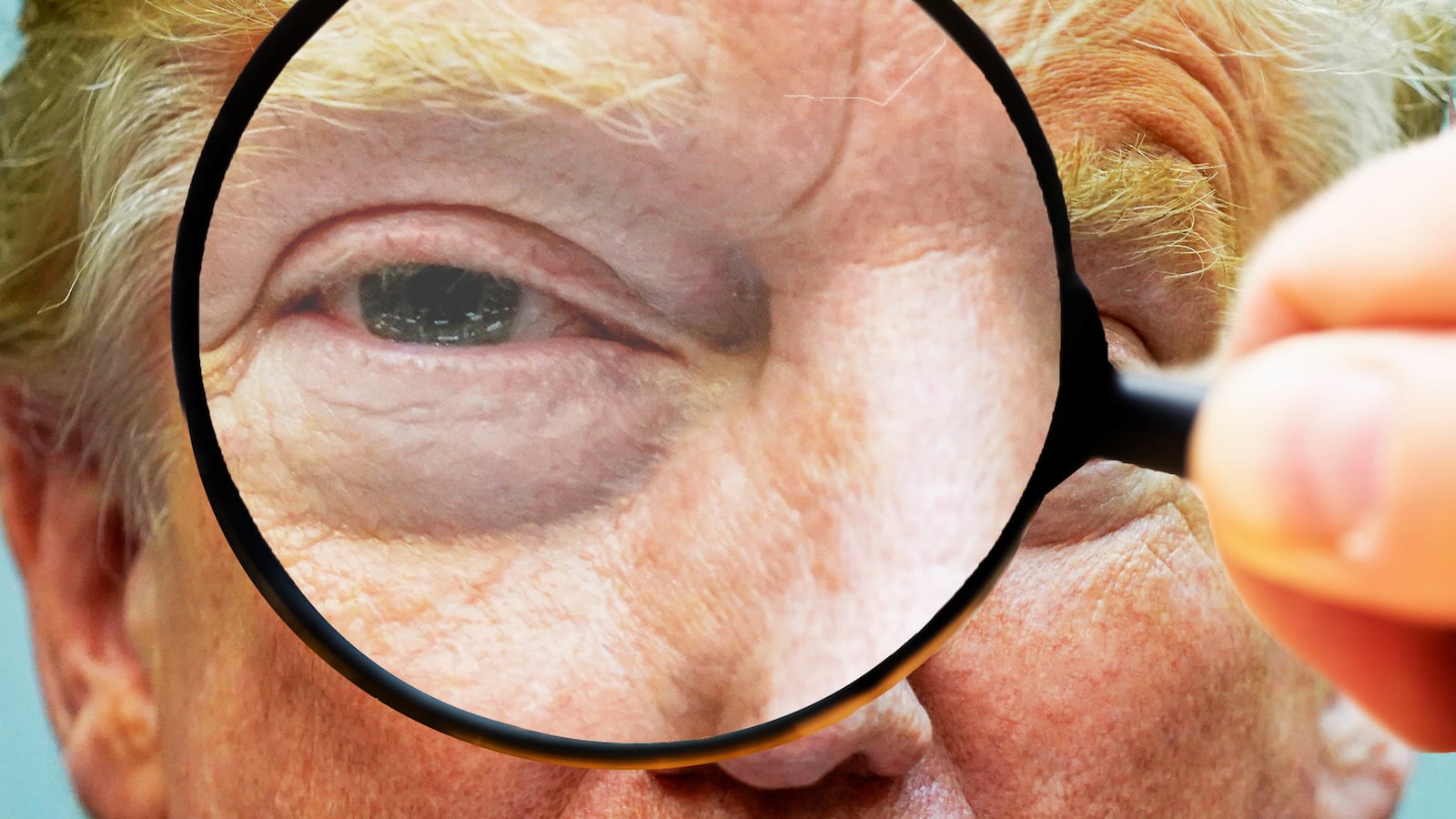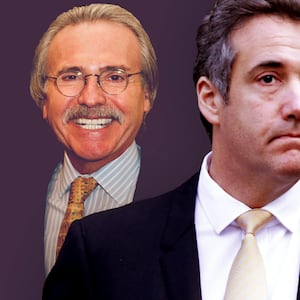Referring to a cooperator as a “rat,” President Trump sometimes sounds like a mob boss. He may ultimately be prosecuted like one, too.
While some reports say that Special Counsel Robert Mueller’s investigation is winding down, it appears that another investigation is just gearing up. According to reports in The Wall Street Journal and The New York Times, a grand jury in the Southern District of New York recently issued a subpoena to the Trump inaugural committee, seeking documents relating to donors and spending. According to reports, the subpoena indicates that prosecutors are investigating conspiracy against the United States, false statements, mail fraud, wire fraud, money laundering and violations of campaign finance and inaugural committee laws. In addition, CNN has reported that federal prosecutors in Manhattan have expressed interest in interviewing executives from the Trump Organization.
It is impossible to know exactly what the federal prosecutors in Manhattan are investigating, but the wide array of crimes brings to mind a case that was prosecuted in Detroit when I served as U.S. Attorney for the Eastern District of Michigan. Former Detroit Mayor Kwame Kilpatrick and several of his associates were convicted under the Racketeer Influenced and Corrupt Organizations Act, also known as RICO.
RICO is a statute that was passed in 1970 to prosecute organized crime. Until then, mob bosses would often insulate themselves from criminal exposure by directing underlings to commit crimes. In response, Congress enacted RICO, which, among other things, makes it a crime for any person associated with an enterprise to participate, directly or indirectly, in the conduct of the enterprise’s affairs through a pattern of racketeering activity. Pattern of racketeering activity is defined as two or more acts from a list of criminal offenses, such as mail fraud, wire fraud, and money laundering, some of the very same crimes that SDNY prosecutors are reportedly now investigating. The penalties for violating RICO are heavy–up to 20 years in prison and forfeiture of the proceeds of the racketeering activity.
In Kilpatrick’s case, he and others were charged with RICO conspiracy. The alleged enterprise in his case was an association of the former mayor, his father, a contractor, and certain members of his administration. The indictment alleged that the group constituted an ongoing organization whose members functioned as a continuing unit for a common purpose of achieving the objectives of the enterprise. Those objectives were to financially enrich the members of the enterprise, their associates, and their family members by extortion, bribery, fraud, and obstruction of justice.
Kilpatrick was convicted at trial based on a great deal of evidence: the testimony of witnesses, bank records, business documents and text messages that corroborated the witness testimony. In SDNY’s investigation into the Trump inaugural committee and the Trump Organization, the evidence is unknown, and it may be that the investigation yields no charges. But it is not a stretch to think that the prosecutors are at least considering whether they can prove the type of enterprise and pattern of predicate acts that would amount to a RICO charge.
I have been asked before about whether the special counsel’s investigation could result in RICO charges, and I have thought that RICO was a bridge too far. Mueller’s investigation may yet uncover a conspiracy with Russia or WikiLeaks or obstruction of justice, but election interference does not seem to encompass the ongoing pattern of disparate crimes that RICO was intended to capture. Now that the Trump inaugural committee or the Trump Organization may be targets of SDNY’s investigation, however, the theory does not seem so far-fetched. Either one of those Trump entities could potentially be considered an “enterprise” for purposes of a RICO charge, if the evidence supported it. So, too, could a collection of Trump and his associates be considered an association, in fact, just as Kilpatrick and his associates formed the Kilpatrick Enterprise. The types of crimes that are being investigated–mail fraud, wire fraud, money laundering–are all crimes listed in the RICO statute as eligible predicate offenses that can constitute a pattern of racketeering activity.
The U.S. Attorney’s Office for the Southern District of New York seems particularly well-situated to investigate a RICO case here. It has a strong history of using RICO with great success. In the 1980s, when the office was led by Rudolph Giuliani, prosecutors used RICO prosecutions to take down organized crime families. SDNY reportedly has entered into an immunity deal with Trump Organization CFO Allen Weisselberg, someone who is well-positioned to provide valuable information to prosecutors about any illegal financial transactions. SDNY has already convicted former Trump Organization attorney Michael Cohen of tax offenses, fraud, false statements and campaign finance violations, the last of which Cohen has said he committed at Trump’s direction. And, although he has fallen short of earning a formal cooperation agreement, Cohen has met with SDNY prosecutors to share information.
The search of Cohen’s home and office reportedly turned up a recording of some of his conversations, including one with Stephanie Winston Wolkoff, who worked as a consultant on the inauguration. The Wall Street Journal has reported that, in the recording, Wolkoff expressed concern about how the inaugural committee was spending the record $107 million it had raised. Richard Gates, who has pleaded guilty in the Mueller probe, has also reportedly met with SDNY prosecutors. The Journal reported that as deputy chairman of the Trump inaugural committee, Gates asked vendors to accept payments directly from donors, a curious request that likely will draw the scrutiny of prosecutors at least in part because entities that bring in and distribute money can be used as vehicles for money laundering, a crime that may constitute a RICO racketeering predicate.
Even if SDNY follows the Justice Department policy that a sitting president cannot be indicted, nothing prohibits the Trump Organization or Trump’s associates from being indicted. In addition, even if a sitting president cannot be indicted, a former president can be. Under the statute of limitations, a RICO conspiracy may be charged up to five years after its last predicate racketeering act is committed. If any predicate act was committed on or after Jan. 20, 2016, the statute of limitations would not preclude an indictment from being filed on Jan. 20, 2021, the moment a president is sworn in, so long as that president is not Donald Trump.








